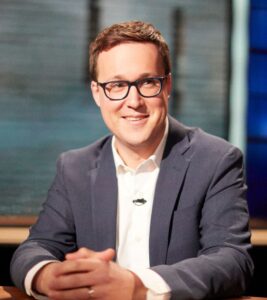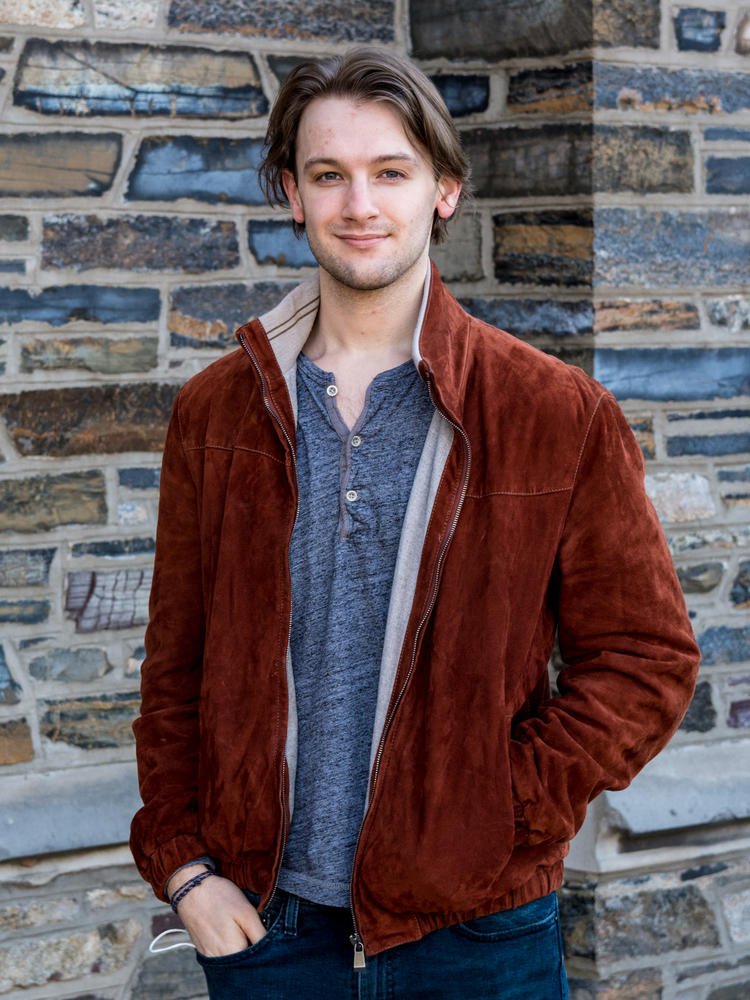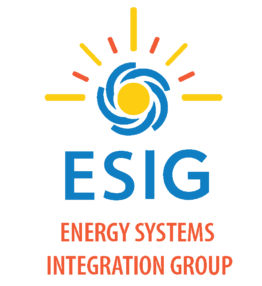
- This event has passed.
Webinar: System-Level Impacts of Voluntary Carbon-Free Electricity Procurement Strategies
September 12, 2023 @ 4:00 pm - 5:00 pm EDT
Featured Speakers: Jesse Jenkins, Assistant Professor & Wilson Ricks, PhD Candidate, Princeton University
About the Webinar: Voluntary procurements of carbon-free electricity are a popular avenue for corporate climate action, yet there is little available information regarding their impact on carbon emissions at the level of the entire electricity system. In this study we address this knowledge gap by using an electricity system capacity expansion planning model to assess the consequential, system-level impacts of voluntary carbon-free electricity procurements under multiple proposed strategies. These strategies include “volumetric matching,” which matches a participating consumer’s demand with new, locally sourced carbon-free generation on an annual basis, “temporal matching,” which does so on an hourly basis, and “emissions matching,” which uses voluntary procurements to eliminate a consumer’s emissions impact as measured via short-run marginal emissions accounting. We find that in the current U.S. policy environment, both volumetric and emissions matching strategies have zero or near-zero long-run impact on system-level generation mixes or carbon emissions. By contrast, temporal matching drives significant reductions in system-level emissions and incentivizes procurement of advanced clean firm generation and long-duration storage technologies that would not otherwise see market uptake. Electricity cost premiums for voluntary participants are near-zero under volumetric and emissions matching strategies and can exceed $20/MWh under temporal matching, but are reduced when a larger portfolio of advanced technologies is available for procurement. These outcomes are sensitive to changes in policy: while volumetric matching has near-zero impact under current federal and state policies, it is the most cost-effective means of incremental carbon mitigation in a scenario with a binding system-wide clean electricity standard.

Jesse Jenkins
About the Speakers: Jesse D. Jenkins is an assistant professor and macro-scale energy systems engineer at Princeton University with a joint appointment in the Department of Mechanical and Aerospace Engineering and the Andlinger Center for Energy and Environment. He leads the Princeton ZERO Lab (Zero-carbon Energy systems Research and Optimization Laboratory), which focuses on improving and applying optimization-based energy systems models to evaluate and optimize low-carbon energy technologies, guide investment and research in innovative energy technologies, and generate insights to improve energy and climate policy and planning decisions. Dr. Jenkins earned a PhD and SM from the Massachusetts Institute of Technology, worked previously as a postdoctoral fellow at the Harvard Kennedy School, and spent six years as an energy and climate policy analyst prior to embarking on his academic career. Dr. Jenkins recently served on the National Academies of Science Engineering and Medicine expert committee on Accelerating Decarbonization of the U.S. Energy System, was a principal investigator and lead author of Princeton’s landmark Net-Zero America study, and leads the REPEAT Project (repeatproject.org), which provides regular, timely, and independent environmental and economic evaluation of federal energy and climate policies as they’re proposed and enacted. Dr. Jenkins has delivered invited testimony to multiple Congressional committees and his research is frequently featured in major media outlets. He regularly provides technical analysis and policy advice for non-profit organizations, policy makers, investors, and early-stage technology ventures working to accelerate the deployment of clean energy.

Wilson Ricks
Wilson Ricks is a PhD candidate in the Department of Mechanical and Aerospace Engineering at Princeton University, and a member of the Zero-carbon Energy systems Research and Optimization Laboratory. He uses macro-energy systems modeling to assess the impacts of policies and technologies on the decarbonization of electricity systems. His current areas of focus include voluntary carbon-free electricity procurement, clean hydrogen, and enhanced geothermal power, and his research in these areas has received coverage in major media outlets. He previously earned a BA from the University of Chicago and an MA from Princeton University.
Moderator: Debbie Lew, Associate Director, ESIG
Registration Cost: FREE
Q&A Session: We will be using the slido platform for Q&A. Please submit your questions and follow-along during the event at this link.

